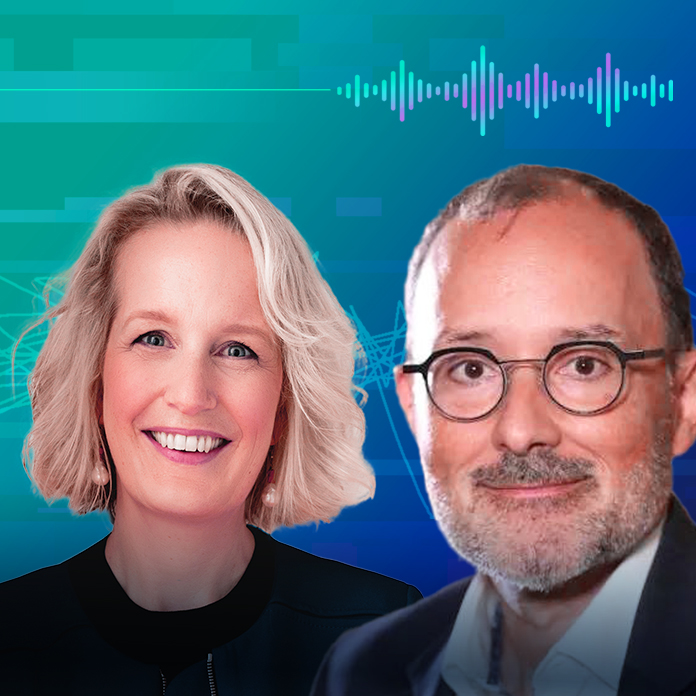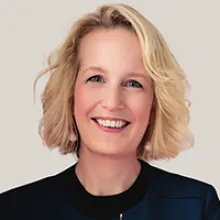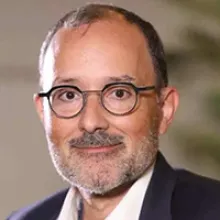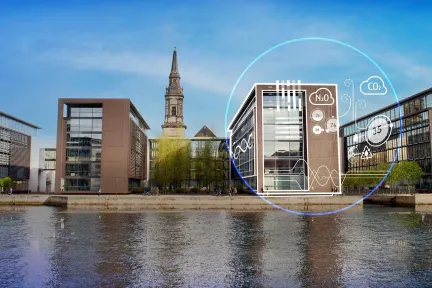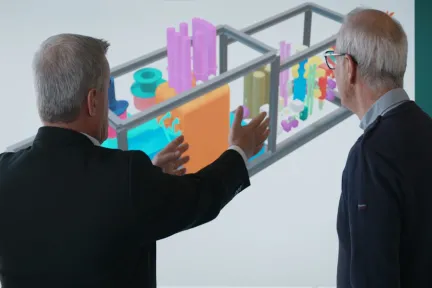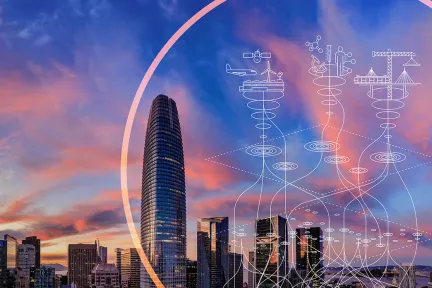#27: How Are Virtual Twins Driving a More Sustainable Tomorrow?
Learn how the 3DEXPERIENCE platform harnesses collective intelligence, empowering organizations to confront sustainability challenges for a greener future.
#27: How Are Virtual Twins Driving a More Sustainable Tomorrow?
Tune in for an inside look at Dassault Systèmes’ commitment to driving sustainable transformation across industries. With real-world examples from the transportation, healthcare and energy sectors, Philippine de T'Serclaes and Morgan Zimmermann reveal how the 3DEXPERIENCE® platform helps companies tackle sustainability challenges through enhanced collaboration, data-driven insights and circular practices.
Click here to find out more.
Meet our speakers
The virtual twin experience enables a holistic approach to simulating and optimizing operations, products and processes within a completely virtual environment. This capability is crucial for identifying inefficiencies, reducing waste and integrating sustainability. In the end, it's about using data and insights to make more informed decisions that lead to more sustainable outcomes."
Philippine de T'Serclaes
Read the transcript
Narrator: Welcome back to Disruptors Unleashed, where we explore disruptive technologies and chat with the trailblazers who are redefining industries. Previously, we took an exciting look at how virtual twins revolutionize agile manufacturing, enabling faster high-tech production with Ron Watkins and Liliane Sadler from Dassault Systèmes.
Today, we’re venturing into a new frontier — how the same groundbreaking technology is transforming sustainability. From fostering collaboration to harnessing data-driven insights and circular practices, virtual twins are reshaping the way businesses tackle environmental challenges. Joining us to unpack this evolution are Morgan Zimmermann, CEO of NETVIBES, and Philippine de T’Serclaes, Chief Sustainability Officer.

